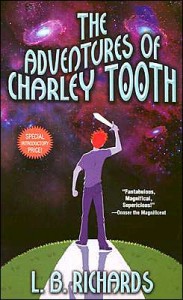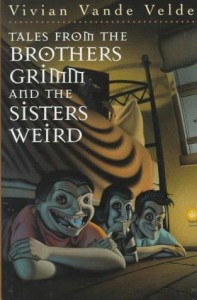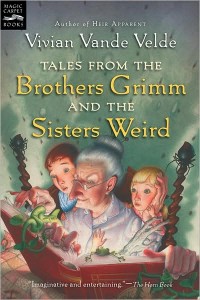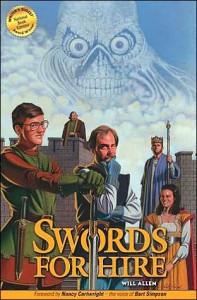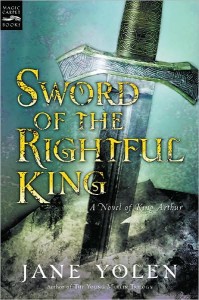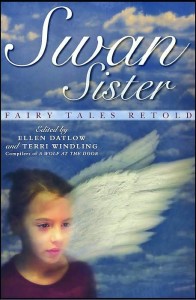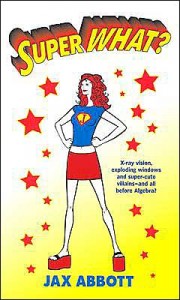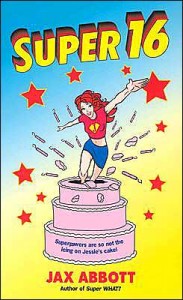
 Rilka’s people enjoy a pleasantly symbiotic relationship with creatures called chuffies, furry beasts which act as emotional sponges, taking away all fear, hate, and sadness and leaving behind contentment and happiness. Rilka, however, is different from everyone she knows; her allergy to the chuffies prevents her from benefitting from their presence very often. Maybe it’s this which causes her to feel disconnected from her village, or perhaps it’s her tendency to dream of ways to improve living conditions. Whatever the reason, she’s about to make herself even more of an outcast than before. It’s tradition for every young person, when they feel ready to become an adult, to offer up a Great Intention, their dedication to do something remarkable. Rilka announces her Great Intention: to capture and understand one of the deadly will o’wisp creatures known as beguilers. Immediately marked as insane and cast out by everyone she’s ever cared about, Rilka finds herself set out on an irreversible course, one which will take her far from home, push her to the very limits, and transform her understanding of the world she lives in.
Rilka’s people enjoy a pleasantly symbiotic relationship with creatures called chuffies, furry beasts which act as emotional sponges, taking away all fear, hate, and sadness and leaving behind contentment and happiness. Rilka, however, is different from everyone she knows; her allergy to the chuffies prevents her from benefitting from their presence very often. Maybe it’s this which causes her to feel disconnected from her village, or perhaps it’s her tendency to dream of ways to improve living conditions. Whatever the reason, she’s about to make herself even more of an outcast than before. It’s tradition for every young person, when they feel ready to become an adult, to offer up a Great Intention, their dedication to do something remarkable. Rilka announces her Great Intention: to capture and understand one of the deadly will o’wisp creatures known as beguilers. Immediately marked as insane and cast out by everyone she’s ever cared about, Rilka finds herself set out on an irreversible course, one which will take her far from home, push her to the very limits, and transform her understanding of the world she lives in.
Try as I might, I couldn’t find a single thorough description of the oft-mentioned chuffies, leading me to envision them as a cross between dogs and abominable snowmen. Perhaps it’s all for the best, as I think locking them down into any one form would ruin the evocative images Thompson conjures for us in this odd coming-of-age tale. It’s beautifully told, and the plot elements are nicely set up, with several surprises and twists sure to keep the reader turning the pages. I really liked The Beguilers. It’s a fairly quick read, but the pages are packed with detail and characterization. Best of all, it utilizes a rarely-explored aspect of folk tales: the will o’ wisps which lead men to their dooms through the strange beauty of their dancing lights. I recommend this one, quite happily.



